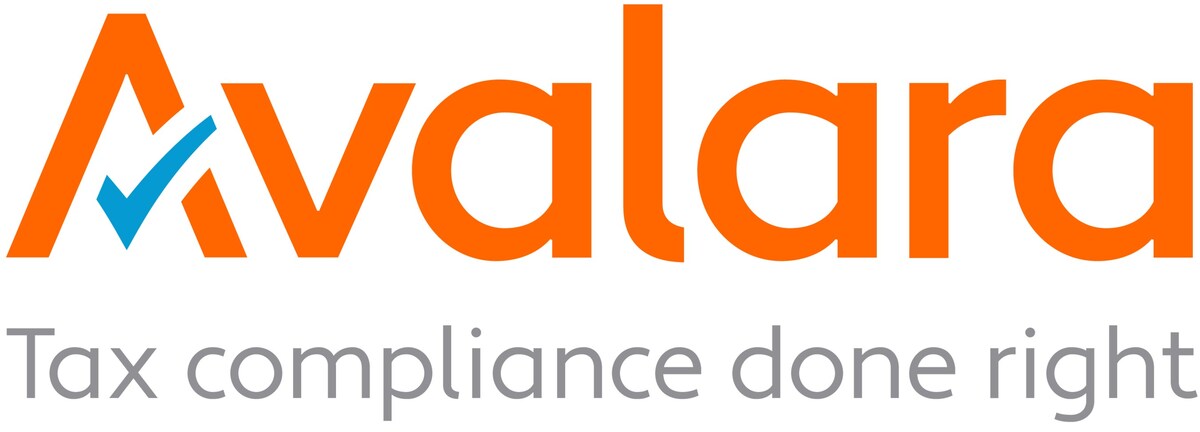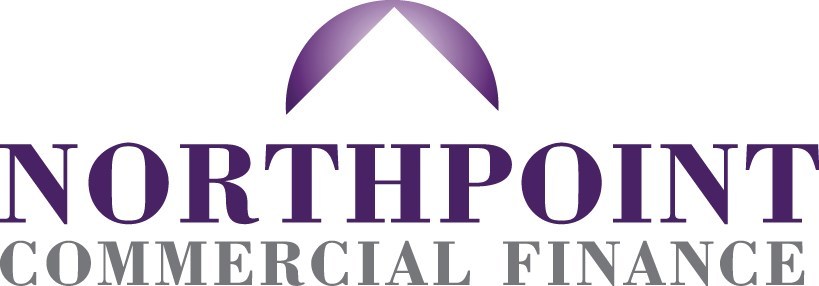Beyond the Ledger: How Fraud Prevention is Transforming Entire Organizations
Finance
2025-04-17 06:43:27Content

UK's Corporate Fraud Prevention Law: A Game-Changing Compliance Challenge
Starting September 1, 2025, UK businesses will face a significant new legal landscape with the introduction of the Failure to Prevent Fraud offense. This groundbreaking legislation places unprecedented pressure on companies to proactively safeguard against fraudulent activities within their organizations.
The new law represents a critical shift in corporate accountability, compelling businesses to implement robust fraud prevention strategies. Companies that cannot demonstrate comprehensive preventative measures will now be at substantial legal and financial risk.
Under this regulation, organizations will be held responsible for fraudulent actions committed by employees or associated persons, even if senior management was unaware of the misconduct. This means businesses must develop sophisticated compliance frameworks and internal control mechanisms to protect themselves from potential legal consequences.
Executives and compliance officers are advised to immediately review and strengthen their existing fraud prevention protocols. Proactive risk assessment, employee training, and transparent reporting systems will be crucial in navigating this new regulatory environment.
The stakes are high: companies found in violation could face significant financial penalties and reputational damage. As the September 2025 deadline approaches, forward-thinking organizations are already preparing comprehensive strategies to ensure full compliance.
Corporate Fraud Prevention: A Watershed Moment for UK Businesses in 2025
In the rapidly evolving landscape of corporate governance, a seismic shift is approaching that will fundamentally transform how businesses approach fraud prevention. The United Kingdom stands on the precipice of a regulatory revolution that promises to reshape corporate accountability and ethical standards across industries.Navigating the New Frontier of Corporate Integrity and Legal Compliance
The Emerging Regulatory Landscape
The impending implementation of the Failure to Prevent Fraud legislation represents a profound transformation in corporate legal frameworks. This groundbreaking regulation signals a dramatic departure from traditional compliance models, compelling organizations to fundamentally reimagine their internal control mechanisms. Unlike previous regulatory approaches that primarily responded to fraudulent activities, this new statute mandates proactive prevention strategies. Businesses will now be required to demonstrate comprehensive, robust fraud prevention infrastructures that go far beyond conventional risk management protocols. The legislation effectively shifts the burden of proof, compelling corporations to establish sophisticated systems that can anticipate, identify, and mitigate potential fraudulent activities before they materialize.Strategic Implications for Corporate Governance
The September 2025 deadline introduces unprecedented challenges for corporate leadership. Executives must now develop holistic approaches that integrate advanced technological solutions, comprehensive employee training programs, and sophisticated risk assessment methodologies. This isn't merely a legal compliance exercise but a fundamental reimagining of organizational culture and ethical standards. Organizations will need to invest significantly in developing sophisticated fraud detection technologies, implementing rigorous internal audit processes, and creating transparent reporting mechanisms. The financial and reputational risks of non-compliance are substantial, potentially exposing companies to severe financial penalties and irreparable brand damage.Technological Innovations in Fraud Prevention
Cutting-edge artificial intelligence and machine learning technologies will play a pivotal role in helping organizations meet these stringent new requirements. Advanced algorithmic systems capable of real-time transaction monitoring, anomaly detection, and predictive risk analysis will become essential tools in corporate fraud prevention strategies. Companies that successfully integrate these technological solutions will not only ensure regulatory compliance but also gain significant competitive advantages. The ability to demonstrate robust, technology-driven fraud prevention capabilities will become a critical differentiator in an increasingly complex business environment.Cultural Transformation and Ethical Leadership
Beyond technological solutions, the new legislation demands a profound cultural shift within organizations. Corporate leadership must foster environments that prioritize ethical behavior, transparency, and individual accountability. This requires comprehensive training programs, clear communication of ethical standards, and mechanisms that encourage employees to report potential misconduct without fear of retribution. The most successful organizations will be those that view fraud prevention not as a regulatory burden but as an opportunity to build trust, enhance reputation, and create more resilient, ethical business models. This represents a fundamental reimagining of corporate responsibility in the 21st century.Global Implications and Future Outlook
While initially a UK-specific regulation, this approach to corporate fraud prevention is likely to inspire similar legislative frameworks globally. Multinational corporations will need to develop adaptable, scalable compliance strategies that can be implemented across diverse regulatory environments. The September 2025 deadline is more than a regulatory milestone—it represents a transformative moment in corporate governance, signaling a future where ethical conduct and proactive risk management are not optional but fundamental business imperatives.RELATED NEWS

Real Estate Investment Heats Up: KKR Finance's Hidden Value Play Signals Potential Surge

Tax Tech Triumph: Avalara Clinches Top Honors in G2's Elite Software Showdown






